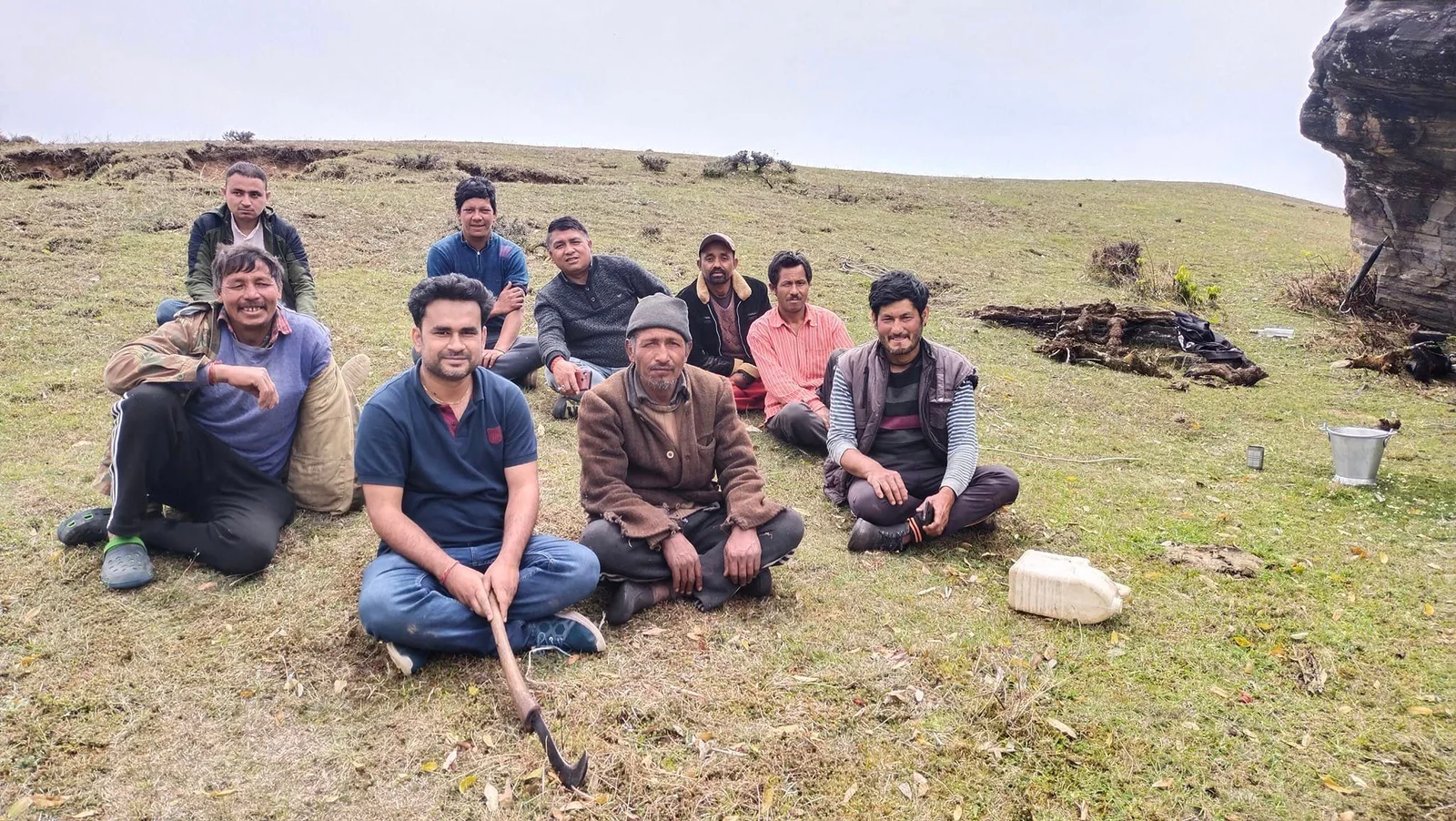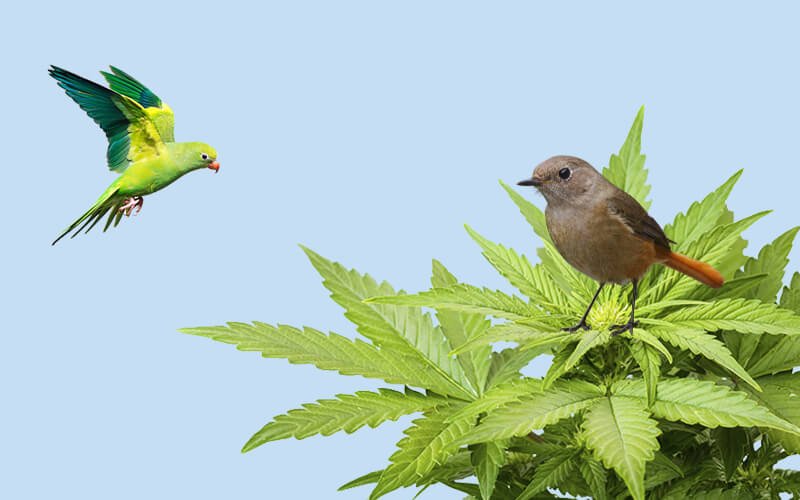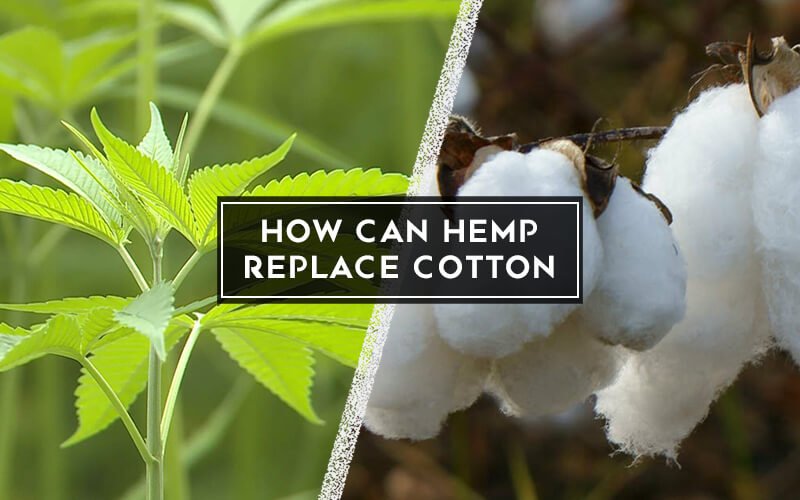Barren Land Reclamation
Hemp To Restore Uttarakhand’s Sustainable Ecosystem
Most of our hemp grows in the state of Uttarakhand in India. It lies in the western part of the Indian Himalayan Region (IHR).
What These Terms Mean
Culturable wasteland means land that is available for cultivation but may never have been utilized. If ever utilized, it hasn’t been cultivated for more than five years.
Current fallow land means cultivable land that has not ben used for up to one year.
Other fallow land means cultivable land left unused for anything between one to five years.
Barren Land Reclamatuion
Cultivable Barren Land In Uttarakhand
The latest available Uttarakhand state government data highlights that the terrain of the state is such that only 14% of the total land area is available for agriculture. A different state government report presents the following details:
- Current fallow land: 57,276 hectares
- Additional fallow land: 86,334 hectares
- Culturable wasteland: 316,984 hectares
The reason behind such underutilization and non-utilization of farmland is the high rate of seasonal and permanent out-migration within and from the state. Rural to urban intrastate migration and migrating out of the state – both are common features.
The Impact of Farmland Abandonment
Farmland abandonment in mountain areas leads to a number of adverse effects. These effects transcend the local impact level and feed into the global challenge of environmental degradation and climate change.
Some of the adverse effects are:
- Onset of soil loss processes
- Plant succession endangered
- Adverse impact on the carbon sequestration patterns in the area
- Biodiversity loss
- Changes in conventional community systems leading to the loss of traditional wisdom on area-specific eco-conservation
Why Hemp Matters
Our decision to promote hemp cultivation in Uttarakhand is a well-considered one. Several reasons have prompted us to make this informed choice.
- Hemp is a natural vegetation of the area. Promoting hemp cultivation contributes to the restoration of the area’s natural ecosystem.
- The soil and the climate of Uttarakhand is conducive to hemp. That makes it possible to grow healthy plants.
- Hemp grows easily on infertile soil. The soil degradation that has happened due to farmland abandonment will have less impact on hemp than most other crops.
- Hemp rejuvenates the soil. That is why farmers had traditionally used hemp as a rotation crop until hemp farming was made illegal. Cultivating hemp in the land left barren will help in restoring the soil quality and make it suitable for other crops also.
- Hemp is a fast-growing plant with multifarious uses. There is enough scope to develop hemp-based agro-industries. Growing hemp, thus, allows a comprehensive radicalization of the economy in Uttarakhand.
- his transformation of the rural economy in Uttarakhand has the long-term aim of reversing out-migration trends. That would, in turn, lead to the elimination of the farmland abandonment phenomenon.
In The Final Analysis
Our long-term strategy of promoting hemp cultivation to reclaim barren land in Uttarakhand has one final aim. We seek to restore the natural ecosystem of the area. Reversing the ill-effects of farmland abandonment is one big step forward towards that.




